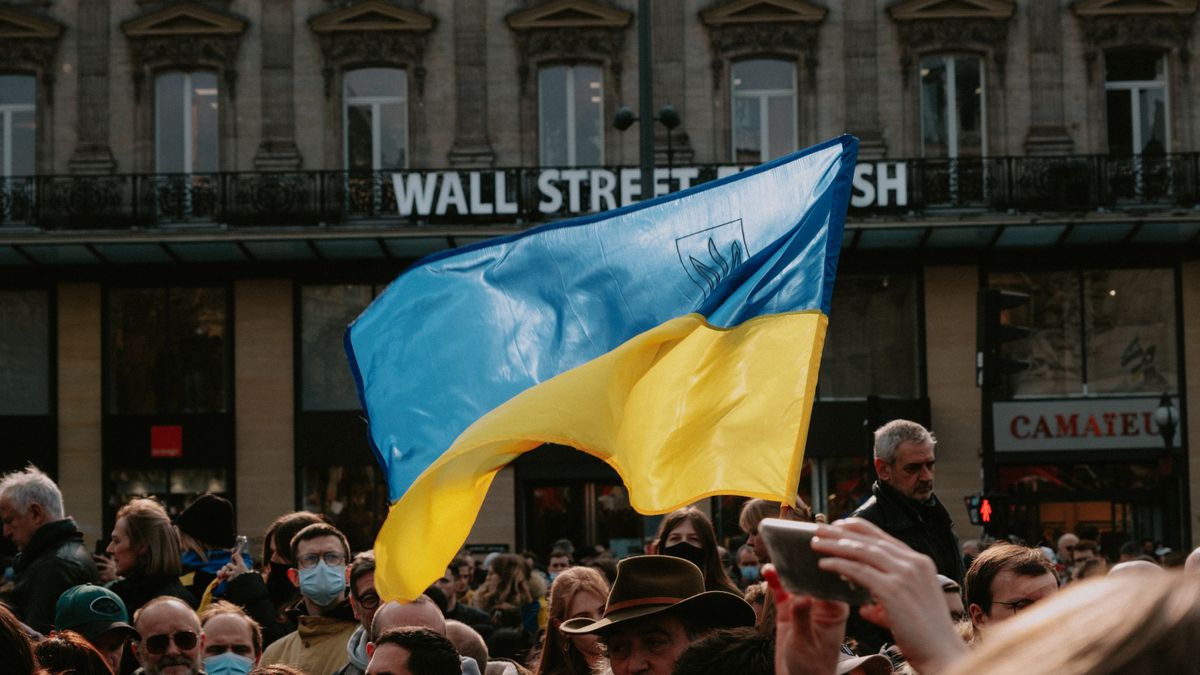How Ukrainian businesses are surviving during the war
It’s hard enough to start and maintain a business during times of peace.

A few minutes every morning is all you need.
Stay up to date on the world's Headlines and Human Stories. It's fun, it's factual, it's fluff-free.
It’s hard enough to start and maintain a business during times of peace. Well, Ukraine isn’t experiencing peacetime, but its economy still needs to function. So, how are businesses there still operating a year into the war with Russia?
Generally speaking, most companies have survived by adopting wartime business strategies, recentering around the war effort or even relocating to other countries for new patrons.
Back in 2013, Alina Kachorovska created a footwear and accessories startup in Kyiv. She was living there when the bombs started hitting her city last year. Employing 150 people, Kachorovska had to keep her company alive even with so much suffering happening all around. Her company, named after herself, stayed viable by streamlining its communications system, planning projects with an assembly-line-like model and keeping the product sustainable.
“Every day, we continue to improve these processes,” she told Insider. But making the change to a more-streamlined business 2 ½ years ago is what has allowed us to sustain it during the war.”
Ukrainian pet food maker Kormotech has also been able to make things work since the invasion. When the war first started, Rostyslav Vovk, the company’s chief executive and founder, shut down production. A lot was changing so quickly, with employees leaving, the supply chain falling into chaos and deliveries unable to get out. It also didn’t help that one of their prime markets was Belarus – an ally of Russian President Putin. But Vovk was able to restart operations two weeks later.
The company was lucky by being based in one of the safer areas of Ukraine (near the Polish border), having an additional factory in Lithuania and having kept some excess inventory. After resuming production, Kormotech decided to bring in domestic supply producers. And nearby countries were eager to replace Russian-made products with Ukrainian ones, so there was still an export market. So Kormotech set up a warehouse in Poland to make exporting the products easier.
“For the first time in my life, ‘Made in Ukraine’ was a premium,” Vovk says.
Sadly, not all Ukrainian businesses fared as well. McKinsey & Company released a report that only 15% of companies in the country grew last year, while nearly half saw a sales decline.




Comments ()